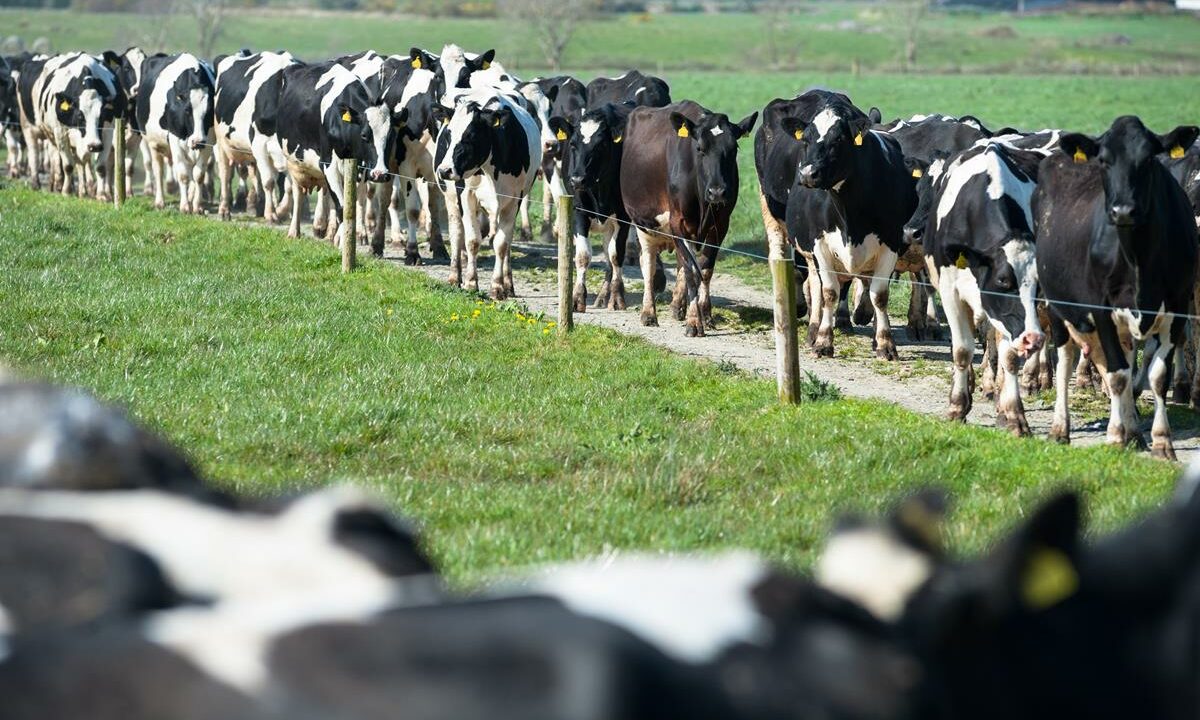Tomorrow’s announcement of the EU’s Farm to Fork strategy represents “a last chance” to preserve what’s left of the EU’s family farm system and wrest back control and direction of the EU’s food supply chain from the retail corporations, according to the Irish Creamery Milk Suppliers’ Association (ICMSA).
ICMSA president Pat McCormack pointed out the twin challenges facing farming and food production.
More food has to be produced for a growing population but on an increasingly sustainable basis – meaning traditional ways of increasing supply have to be curtailed or discarded, he noted.
The starting point that is chosen by the EU will ultimately determine whether or not its ‘Farm to Fork’ strategy is successful, the president said.
McCormack said that this aim “had contributed most to the stunning levels of food wasted at present” – 20% according to the ‘Farm to Fork’ briefing documents.
“Reforming our present broken food supply system is like reforming any other seemingly intractable problem: The first step is the vital one,” the president asserted.
“If that first step is wrong then every step after it brings you further away from the solution.
“The absolutely fundamental question here, and we’ll know the answer tomorrow, is whether the EU’s first step is going to be towards a solution or continuing on the present path that brought us to this cliff edge,” he added.
The solution has to start with societies and corporations paying the real price of the food they consume: The ‘cheap food’ policy advocated and implemented by the retail corporations and endorsed by the politicians has undermined environmental sustainability and utterly destroyed the economic viability of the farming communities that produced our food.
“That’s the place to start and we should move from that position forward,” the president said.
“But if tomorrow we are told that the strategy is going to start from a position that doesn’t see, or want, changes at consumer or retail level then we’ll know that everyone has wasted their time.
“Farmers will not accept a strategy that simply imposes further restrictions on them alone; the strategy must ensure a proper price for sustainable food and the use of third-country imports to undermine sustainable food production must be stopped as part of that strategy,” McCormack concluded.
